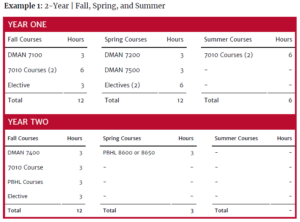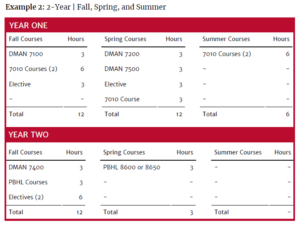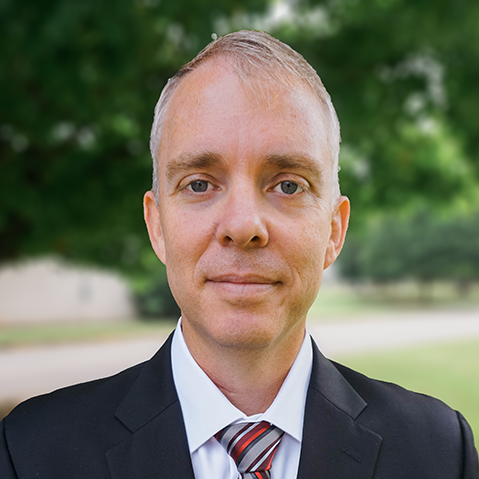The Program
The UGA Institute for Disaster Management offers one of the nation’s only Master of Public Health programs with a concentration in Disaster Management. The two-year, in-person MPH program is designed for students from varied backgrounds who wish to pursue a career in emergency preparedness, public health, or disaster management.
At IDM, experiential learning opportunities are at the core of our teaching principles. Applying hands-on skills through training and disaster exercises prepares our students to be the next generation of leaders throughout their community and worldwide. Our multidisciplinary group of instructors has varying backgrounds and areas of expertise. This diversity enhances student instruction through all phases of disasters, from mitigation to response.
The MPH program with a concentration in Disaster Management includes obtaining numerous certifications from multiple organizations such as the Federal Emergency Management Agency, The National Disaster Life Support Foundation, the National Oceanic and Atmospheric Administration, and the Advanced Law Enforcement Rapid Response Training Center. These certifications provide learning opportunities, professional credentials, and enhanced job marketability following graduation.
All students must complete a 300-hour Applied Practice Experience in a public health-related organization supervised by a public health professional. Students must also pass a culminating experience in their last semester to graduate from the program. Students are admitted into the program each Fall semester, and classes are offered on the UGA Health Sciences Campus in Athens, Georgia.






